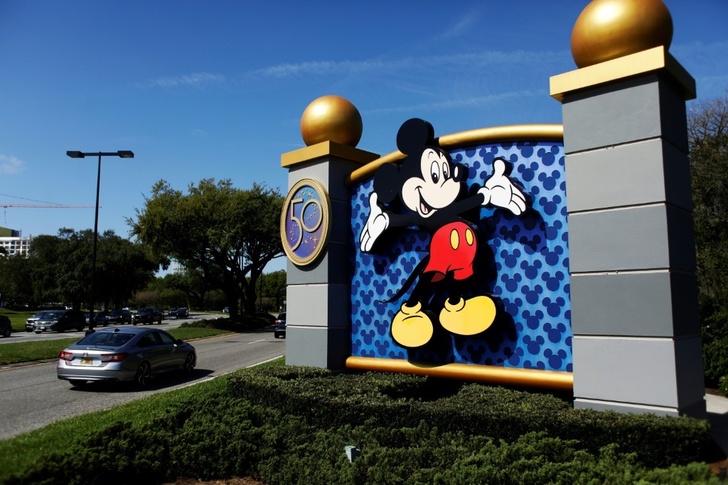Several large US companies have pledged to provide health coverage for out-of-state abortions, with a few also slamming the Supreme Court decision nullifying federal abortion rights.
But the issue remains a hot potato, requiring companies to navigate dynamic political terrain with potential legal liability at stake.
"Today's Scotus (Supreme Court of the United States) ruling puts women's health in jeopardy, denies them their human rights, and threatens to dismantle the progress we've made toward gender equality in the workplace since Roe," said Yelp Chief Executive Jeremy Stoppelman on Twitter.
"Business leaders must speak out now and call on Congress to codify Roe into law."
But few other CEOs of large US companies joined Stoppelman Friday in condemning the decision.
More common were statements from companies announcing or reiterating intention to reimburse employees if they need to travel for an abortion.
Friday's ruling overturned the landmark 1973 "Roe v. Wade" decision enshrining a woman's right to an abortion, saying individual states can restrict or ban the procedure themselves.
The decision is expected to result in patchwork legal rights across the United States, with abortion legal in progressive states like California and New York and barred in more conservative states like Texas.
Yelp and Airbnb were among the companies to announce such benefits last September following a Texas law banning abortion after six weeks, or before many women know they are pregnant.
Others, including Citigroup, Tesla and Amazon, had also announced the benefit in following months.
More companies came forward after a draft version of Friday's abortion ruling was published in a press leak in May; this group included Starbucks, Levi Strauss and JPMorgan Chase.
On Friday, Disney added its name to the list, assuring employees of access to reproductive care benefits "no matter where they live," according to a memo reported by CNBC.
But many other large companies have avoided publicly discussing the topic, a dynamic that Wharton business school professor Maurice Schweitzer considers unsurprising.
- Cautionary tale -
"I think we'll see more companies statements. But companies are facing a challenge. On the one hand, they want to be active, be involved, make a statement, lead on this issue, because particularly for some companies, their employees value this," Schweitzer said.
"But it's a complicated issue, because the legal landscape will change," opening companies up to possible litigation, he added.
Schweitzer pointed to Disney's recent difficulties in Florida as a cautionary tale.
The entertainment giant found itself between a rock and a hard place as Florida's legislature advanced what critics have called the "Don't Say Gay" law, which bans lessons on sexual orientation and gender identity in elementary schools.
After initially staying quiet on the proposal, Disney finally spoke out on the measure, enraging far right Republican Governor Ron DeSantis, who ultimately signed a second law specifically punishing Disney over the row by eliminating the company's special status surrounding its Orlando theme park.
Disney "ended up frustrating employees by not speaking out early enough, but also incurring costs from a political fights."
Schweitzer noted that more companies have spoken out in recent years, such as Apple CEO Tim Cook on gay rights and Dick's Sporting Goods on gun control, which on Friday announced that it will provide up to $4,000 for employees, their spouses or their dependents who have to travel for an abortion.
But the procedure is "more fraught" than many issues, Schweitzer said.
"It's easier for companies to try to be silent than to wade into it," he said.
jum-jmb/st
© Agence France-Presse
Your content is great. However, if any of the content contained herein violates any rights of yours, including those of copyright, please contact us immediately by e-mail at media[@]kissrpr.com.
Source: Story.KISSPR.com

